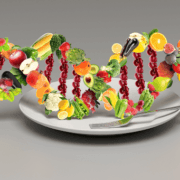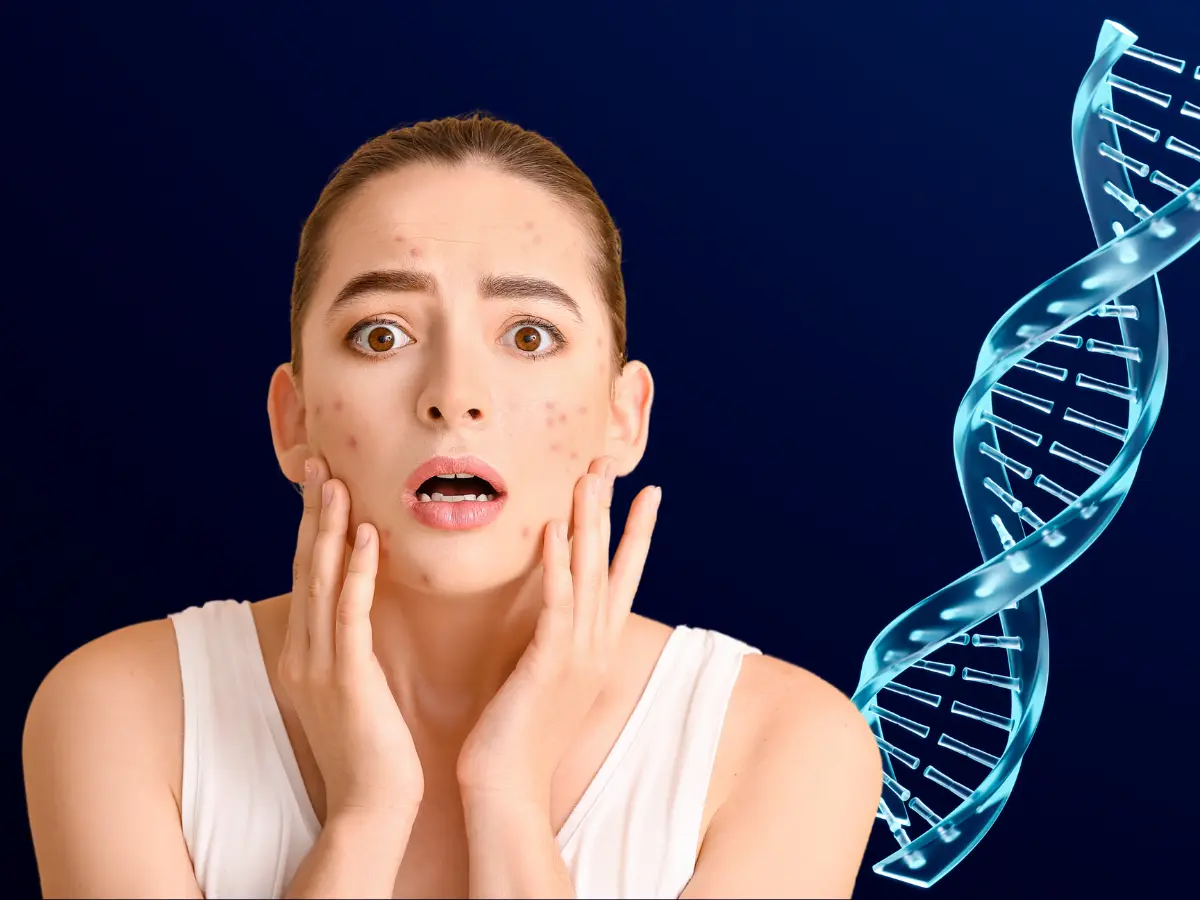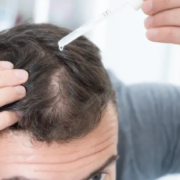Omega-3 Supplements: The Essential Nutrient for Your Skin and Overall Health
Omega-3 fatty acids are important for your health because they play a role in many bodily functions, including cell growth and maintenance, blood clotting, and inflammation control. Some research also suggests that omega-3 fatty acids may improve mental health and cognitive function. Omega-3 is also one of the most essential nutrients for skin issues and skin care management because of its role in maintaining cell growth. If you’re not getting enough omega-3s from your diet, you may want to consider taking an omega-3 supplement. Talk to your doctor before doing so to make sure it’s the right choice for you.
Role Of Omega-3 Fatty Acid In Skin

Omega 3 fatty acids are a type of polyunsaturated fatty acid that is essential for human health. They are found in fish oils, walnuts, flaxseeds, and other plant-based oils. Omega 3 fatty acids play an essential role in skin health, as they help to maintain the skin’s barrier function and keep it healthy. They also help to reduce inflammation and promote wound healing. If you’re looking to improve your skin health, make sure you’re getting enough omega-3 fatty acids in your diet. You can do this by eating plenty of fish, nuts, and seeds, or by taking a supplement containing omega-3 fatty acids.
How Does Deficiency Of Omega-3 Impact Skin?
Omega-3 fatty acids are essential nutrients that are important for overall health. A deficiency of omega-3 can have a negative impact on the skin, leading to dryness, flaking, and an inability to heal properly. Omega-3 fatty acids play a role in maintaining the health of the skin by helping to keep it hydrated and preventing inflammation. When the body is deficient in omega-3 fatty acids, this can lead to an increase in inflammation and a decrease in the production of collagen, which is responsible for keeping the skin elastic and healthy. Additionally, a deficiency of omega-3 can lead to an increase in sebum production, which can cause acne or other skin problems. If you are experiencing problems with your skin, it is important to make sure that you are getting enough omega-3 fatty acids in your diet.
How Can One Get Omega-3 From Food Or Supplements?
There are many different ways to get omega-3 fatty acids into your diet. You can get them from food, or you can take supplements or through a DNA-based diet. Some foods that are high in omega-3 fatty acids include salmon, tuna, mackerel, and sardines. You can also find omega-3 fatty acids in some nuts and seeds, like walnuts and flaxseeds. If you’re not a fan of fish or nuts, you can also take omega-3 supplements. Just be sure to talk to your doctor before starting any supplement regimen, especially if you’re taking medication or have any health conditions.
Most Recommended Omega-3 Supplement Products By Health Experts Are:
- Best overall: mbg omega-3 potency+
- Best for newbies: Pure Encapsulations O.N.E
- Best budget: Nature-Made Burp-Less Mini Omega-3
- Best fish burp-free: NOW Foods Double Strength DHA-500
- Best vegan: Truvani Omega-3 from Algae
- Best cod liver oil: Big Bold Health Dutch Harbor Omega
What Is The Role Of Genes In Omega-3 Absorption?
Your genes play a role in how well your body can absorb omega-3s. For example, people with certain variants of the FADS1 gene absorb omega-3s less efficiently than those without these variants. This may explain why some people seem to benefit more from omega-3 supplements than others. A recent study on US Hispanics revealed that those suffering from severe skin inflammation like psoriasis or acne had significantly lower amounts, which led them to benefit when they consumed omega 3s in their daily diet; thus improving symptoms related to these conditions.
With DNA Test Mitigate Skin Disorder By Knowing Omega-3 Deficiency Risk
The best way to manage skin conditions is by identifying the root cause. DNA tests can help identify an omega-3 deficiency, which may increase your risk for these disorders and should be addressed with a thorough diet or supplement plan that includes this important nutrient in order to minimize potential problems especially if you have a hereditary history of them!
By Taking Up DNA Test You Can Mitigate These Skin Disorders Before Its too late:
With Omega-3 deficiency, not only could you be at risk for poor skin health and hair loss but also other diseases such as low immunity or inflammation. And all this because your body needs optimal guidelines to stay healthy! So why don’t we get tested with DNA Technology? It will pay off big time knowing everything from head to toe has been optimized according to genetic makeup.
If you like to know more about DNA tests and how vitamin-minerals are processed by our bodies for skin health visit here.
DNA- Based Skin Problems And Skin Care Solutions With SkinLife
Genetic testing for Skin problems reveals the risks for your skin type and issues related to it. With personalized genetic reports, an individual can potentially identify the risk for Acne, Sun damage, Pigmentation, Wrinkles, and Skin sensitivities associated with their skin. Genetic testing allows you to identify the right solution for your skin and maintain a healthy skincare routine.
Have a look at our products with consent links:
When you take a SkinLife DNA test it gives detailed and personalized genetic insights into your skin type and skin health-related risks. It identifies your risk of premature aging, sun damage, skin sensitivities, allergies, and more. Click here to read more about the SkinLife test
GeneFit DNA Test gives a 360-degree personalized genetic insight about your lifestyle and well-being risks that include – the risk of weight gain or loss, nutritional deficiencies, food sensitivities, optimal fitness activities, sleep, and stress. Click here to read more about the GeneFit test.
NutriLife DNA test provides detailed insight into your micronutrient requirements based on your genetic profile. Based on your NutriLife DNA reports, experts provide personalized recommendations for essential nutrient intake and include the recommended food sources in your diet to maximize the health benefits. The genetic tests also identify your food allergies, food sensitivities, and taste perception which impacts your food absorption in the body. Click here to read more about the NutriLife test
















Leave a Reply
Want to join the discussion?Feel free to contribute!